|| A South-American folktale ||
Kai and Kele were two little Indian boys. They were brothers. They lived by the singing river, and they played from sunrise to sunset. They were inseperable and happy as the day was long.
In the summer, they fished and swam in river, and they shot their arrows into chipmunk and woodpecker holes. Sometimes they played “Dodging Arrows,” a game their mother had taught them when they were very young.
In the winter, they jumped into fleecy snowdrifts and rolled until their little bronze bodies took on a red-raspberry tint.
Then they would send their snow-snakes skimming over the hard crust of snow. Snow-snakes were small rods of wood, polished smooth with resin, oil, or wax, a primitive version of Javelin, if you may.
Days passed peacefully. Not once in all their lives the boys had quarreled.
One morning, Kai and Kele planned a foot race. Seven times they were to run. Three times, Kai had made the goal first. Three times, Kele had outrun him. The seventh race was claimed by each. No one saw them run, so no one could decide the game. And they fell to quarreling.
Louder and louder their voices were raised. More and more angry they grew and they started fighting. Small fists at first and then each started pulling the other’s hair.
Odina, their mother, was baking corn bread on the coals of the wigwam fire. The angry voices reached her ears. She stepped to the door.
She asked them what the matter was. They explained that the winner of their game could not be decided. Each one clearly thought he was the winner.
“For shame!” she scolded them ” Is this a way to behave with each other. Let the sun and moon decide who is the winner. Go and bring three sticks each”
They brought three sticks each. Then she showed them both how to set up three sticks so they would stand for many days.
“Now go into the wood, set up your sticks, and leave your quarrel there,” she said. “When the Berry Moon has passed (one fortnight), you shall return and see if the sticks are still standing.
“If they lean toward the rising sun, Kai was right. If they lean toward the setting sun, Kele won. If they have fallen down, neither was right and neither won.”
Kai and Kele went into the wood and set up their sticks. As it was hot, they swam in a stream on their way back.
Then they were hungry, so they climbed trees and picked up cherries and cashew nuts.
Soon enough they forgot about the quarrel and began to swing from trees, throw balls with willow wands. Soon they were happy again.
The sun had risen and set many times. None of three, the brothers or their mother, mentioned the incident again at all.
A fortnight had passed. Odina said to her children, “Today you may go into the wood and see if your sticks are still standing.”
Hand in hand, the two little Indian boys ran into the wood. They found only a heap of rotting sticks. None of the sticks were standing.
Kai and Kele stood and looked at the sticks. They thought and thought.
“What did we set up the sticks for?” each asked of the other.
And for the life of them they could not remember what they had quarreled about, and why they had set up the sticks!
They returned home, hand in hand, to mother’s freshly basked cornbread. Odina smiled contentedly, looking at her two happy sons.
The mother’s clever trick worked.
Like (0)


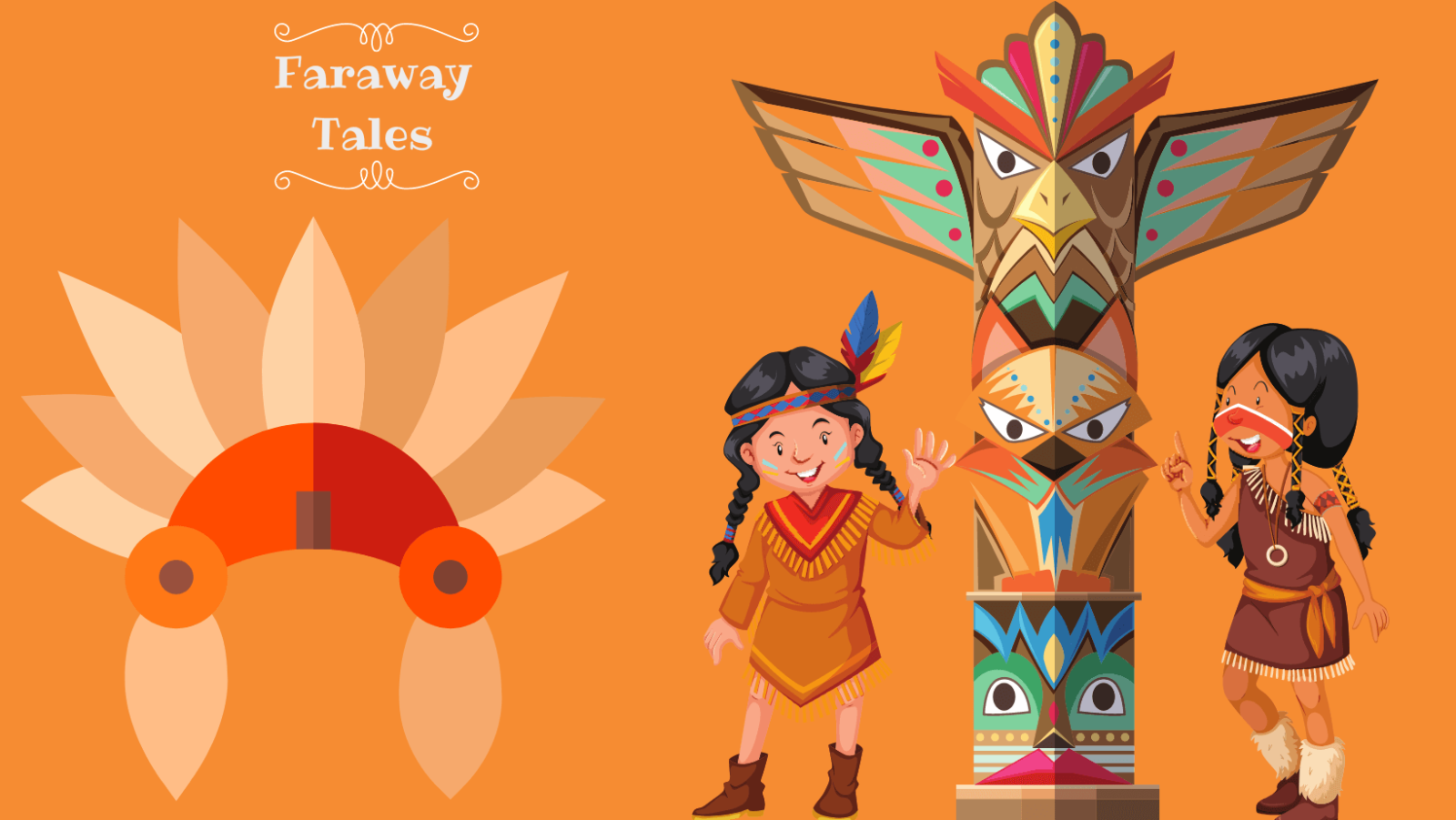
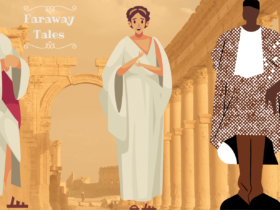
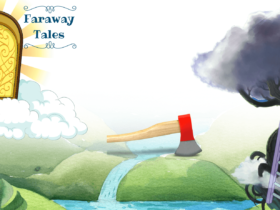
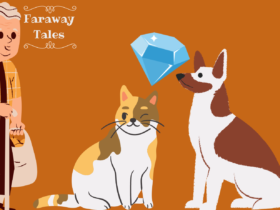
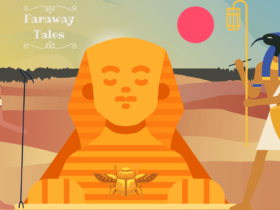
Leave a Reply